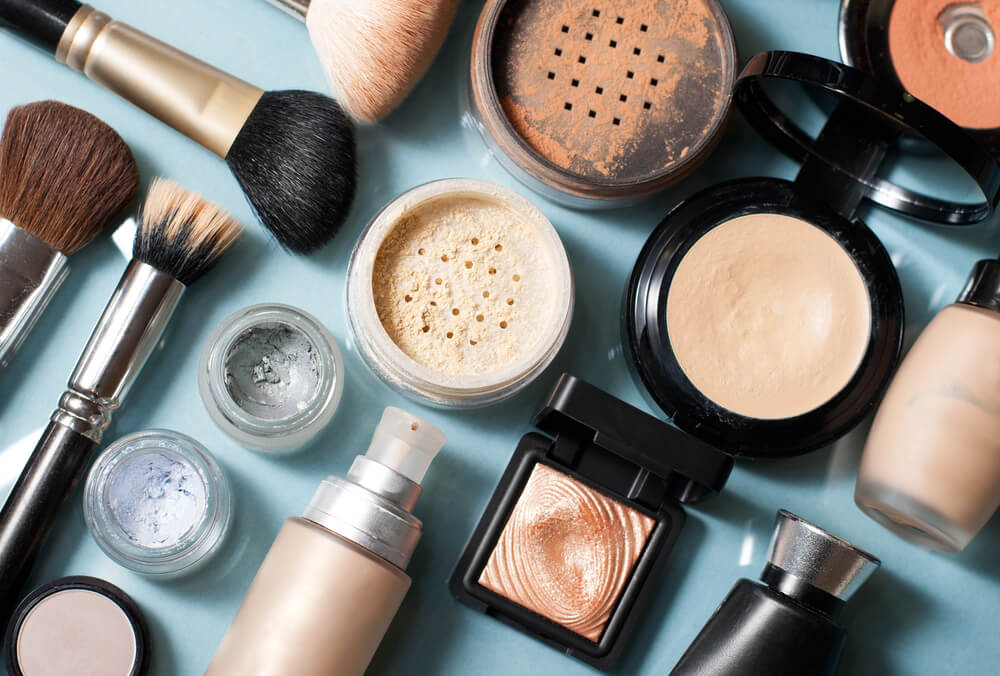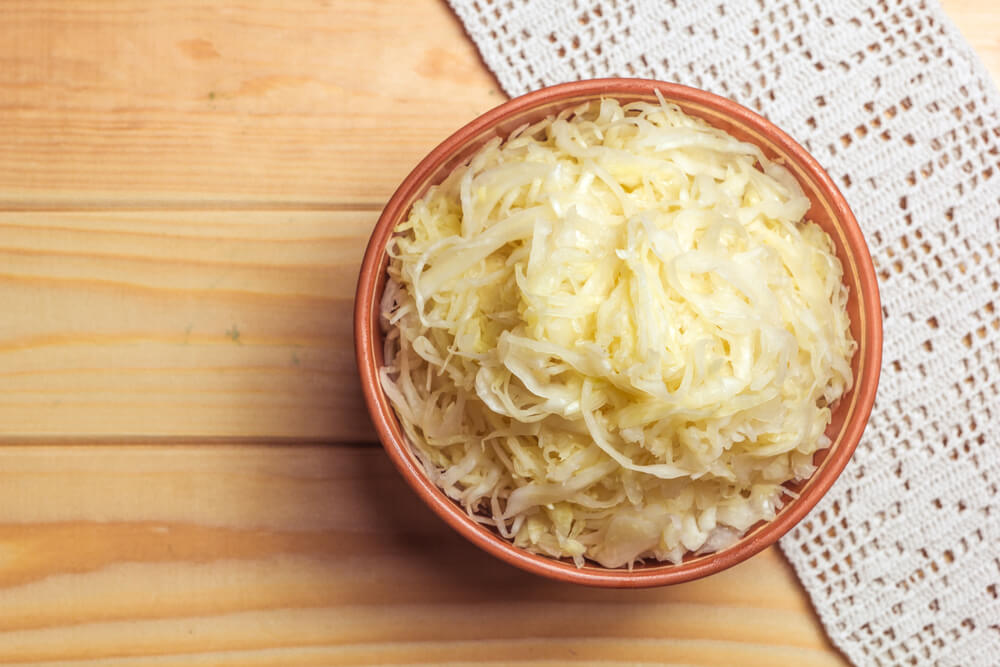Anxiety celery do not jam: why in isolation pulls on tasty and what to do about it
'16.04.2020'
Source: Inosmi
If you are at home and observe the regime of self-isolation, then you are increasingly drawn to a snack. Anxiety we most often seize is not with celery or lettuce, but with chocolate, cookies or a piece of cake. Stop! Most likely, the desire to eat something tasty is in no way connected with hunger, writes Inosmi. How to stop it, not to get fat, not to get depressed and to establish a diet? Experts say there is a way!

In the Diary of Healthy Habits from a Nutritional Psychology Point, psychologist Cristina Andradez and nutritionist Griselda Herrero explain how to deal with emotional hunger during quarantine, introduced because of the coronavirus epidemic.
In quarantine, write a diary. Get started today. True, why not? However, it is not necessary to write down what has got there, or at least do not write into it only that reflects your feelings and emotions. Write what helps you keep track of your diet: what you eat, how, when, and why. This is much more important than you think. The quarantine, introduced because of the threat of the spread of coronavirus, radically changed our life, schedule, habits, leisure and a healthy eating culture, of course, if we had one. According to experts, sooner or later we will see the consequences of all this.
Psychologist Cristina Andrades and nutritionist Griselda Herrero recently published A Diary of Healthy Habits from a Nutritional Psychology Point of View. It provides practical exercises to help incorporate healthy habits into our daily lives. In the "Diary" we will talk about the shopping list, about making the right diet, about emotional hunger and the best ways to start eating healthy foods ... As well as about the emotions that appear during such changes in our lives. In an interview with A-Be-Ce Bienestar, experts told how to start changing our habits. First, we will talk with Cristina Andradez, who will talk about emotions.
How to understand what we eat because of feelings of anxiety or emotional hunger?
Cristina Andradez: The first thing we need to understand is that our emotions are related to what we eat, this applies to all of us. It is not about getting rid of them, but about not using food, trying to cope with them. I can eat a piece of chocolate and feel better - it's okay. But if every time I feel bad I eat chocolate, then maybe I don’t know how I can improve my mood in any other way.
Each person may have different symptoms. We can’t always quickly and easily determine whether we are talking about emotional hunger, but there are a few points worth paying attention to. Typically, the urge to eat occurs unexpectedly, and not gradually, when we begin to experience hunger shortly before meals. In addition, we need to eat right now, we can’t wait. It seems to us that if we do not eat, anxiety and anxiety will not disappear anywhere.
Another common symptom is a desire to eat a specific product, usually this is what we limit ourselves to and try not to eat. Suddenly, we begin to feel an irresistible desire to eat this product and can not cope with it.
People who constantly need food to control their emotions often feel guilty and desperate because they cannot stop doing this. In fact, in many cases, in order to learn how to manage emotions, we need the help of professionals.
On the subject: Proper nutrition during quarantine: how to eat more vegetables
What questions should we ask ourselves to identify such symptoms?
Important, does not treat itself as an investigator or judge. If we criticize ourselves, the feeling of anxiety will only intensify, and this is not so easy to handle. Therefore, let us treat ourselves with understanding.
To find out if we are experiencing emotional hunger, we need to ask ourselves: “Do I feel hunger in my stomach?” Sometimes we feel hungry, but we confuse this feeling with hunger. The desire to eat something specific may be related to our emotions.
Then ask yourself: “How did I feel before eating?” or "What did I expect to feel after eating?" In this way, we can connect our needs with what we want to feel with food.
It is important to understand whether we are full: “Have I eaten enough?”, “Have I eaten enough throughout the day?” Sometimes we can confuse real hunger with emotional hunger.
We can also ask ourselves: “Do I want something specific?”, “Can I postpone a meal?”, “I want to eat and can’t imagine how I can postpone a meal?” These thoughts will help us understand what hunger we are experiencing and what lies at its core.
How to understand if I am eating right?
When food begins to negatively affect a person’s life, it means that he is emotionally exhausted.
Often we go on "miraculous" diets and consume substitutes, but will it help in the long run? Probably not. When we choose a strategy that is not designed for the long term, we increase the risk of negative consequences. Imagine that I am on a diet of whipped cocktails. When it ends, I will not be able to control myself, realizing that I can eat all kinds of products. This will cause concern, because of which I may have obsessions, and I will not be able to control myself in terms of food.
Among other things, you need to ask yourself how my attitude to food affects my emotional state. This primarily concerns people who determine whether they spent a good day or bad depending on what they ate. In such cases, food affects the emotional well-being of a person and his daily life.
A healthy attitude to nutrition at a psychological level is based on peace of mind: we need to listen to our body and be able to compromise.
We figured out the emotional component, it's time to move on to action. With nutritionist and biochemistry specialist Griselda Herrero, we will learn how to start changing our habits.
How to start changing habits?
Griselda Herrero: First of all, we must realize the need for change, that is, understand that something is going wrong, and we need to change something. If we cannot determine what needs to be changed, then we should contact a specialist, nutritionist and / or psychologist. If we know what is at stake, we can get down to business. This is a process of change, so there are two important aspects to consider:
1) understand that this is a long process, it requires effort and perseverance;
2) make changes gradually, step by step, so that our body has time to get used to them.
Thus, these changes can become a habit, and we will be able to keep them for a long time.
Start with something simple, realistic and achievable goals, each person has their own. Analyze your possibilities: is this the right moment for change, can I get the necessary support, what difficulties can I encounter. This will help you move forward and choose a course of action that will achieve your desired goal. Take small but decisive steps.
On the subject: 10 delicious quarantine-free diet foods from around the world
How to buy healthy products?
Before you go shopping, clean up the drawers and cabinets where you store food. But before that, put things in order in your head. To buy healthy products, you need to understand what is useful and what is not. In addition, you need to deal with product labels, which is sometimes very difficult, and consider the following tips:
- plan a diet, this will save time and money that you spend on purchases, as well as you will throw less food;
- make a shopping list in accordance with the diet and with what we have at home so as not to transfer products in vain;
- Do not go shopping if you are hungry;
- buy products in the market or in small stores. Then you will not have the desire to buy deep-processed products or something unnecessary. In addition, products from the market are usually much tastier;
- if in doubt about a product, then look at the composition and try not to buy those that contain an infinite number of ingredients. No applications are needed that say what is useful and what is not. If we buy a fresh product, then there should be no doubt. If the product consists of one ingredient, it’s even better, although sometimes processed foods that retain their beneficial properties (boiled and canned vegetables, natural yoghurts and so on) are found;
- if you go to the supermarket, you immediately go to the department with those products that are on your list, and try not to go anywhere from these departments;
- Store food properly at home.
What cooking methods help preserve the beneficial properties of products?
Useful properties can be saved with any cooking method. It is important to consider the frequency of consumption, the product itself and its quantity. For example, frying is not always harmful, another question is what you will fry: sausages or eggplant with anchovies. Eating fried every day and once a week are two different things. As well as eating 10 sausages or four to five fried anchovies. The best cooking methods that can preserve the beneficial properties of products are steaming, grilling or in the oven. But we can also stew or cook foods, fry them in oil or use a microwave.
When the process of change began, how to measure progress?
It is necessary to analyze your achievements, focusing primarily on qualitative aspects, not quantitative ones: how much you have adapted, are tired, do you control yourself, do you feel satisfaction, have motivation gone, and so on.
You can also analyze real changes. For example, you began to eat fruit every day, drink less alcohol, think less about food during the day, you can eat a piece of chocolate, and not the whole tile, enjoy eating.







